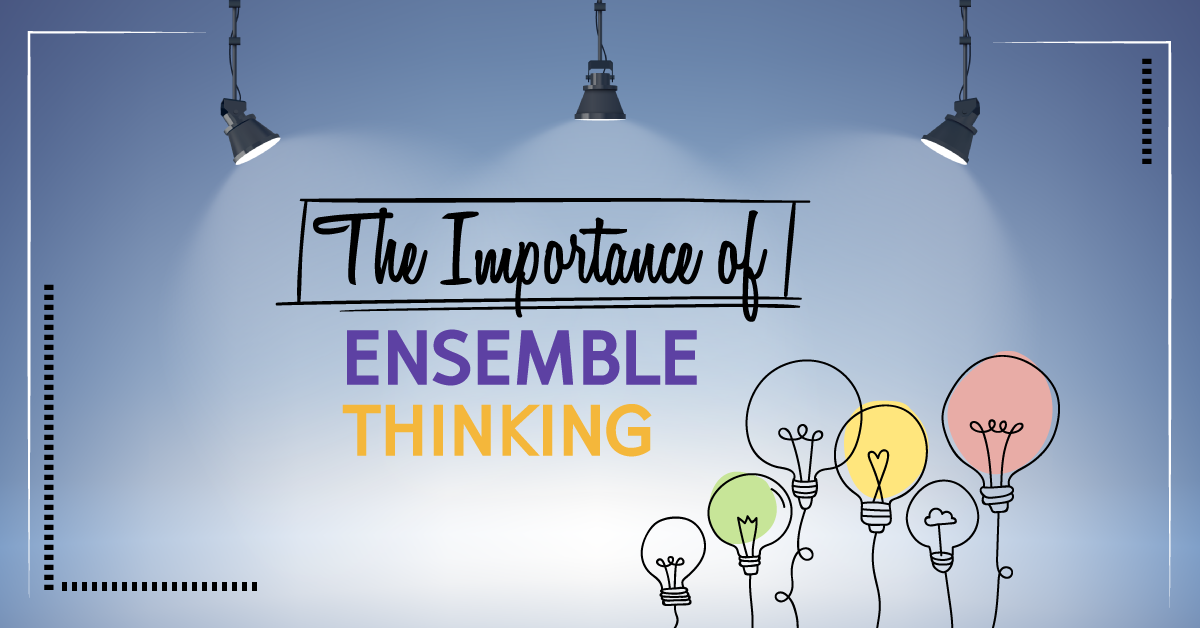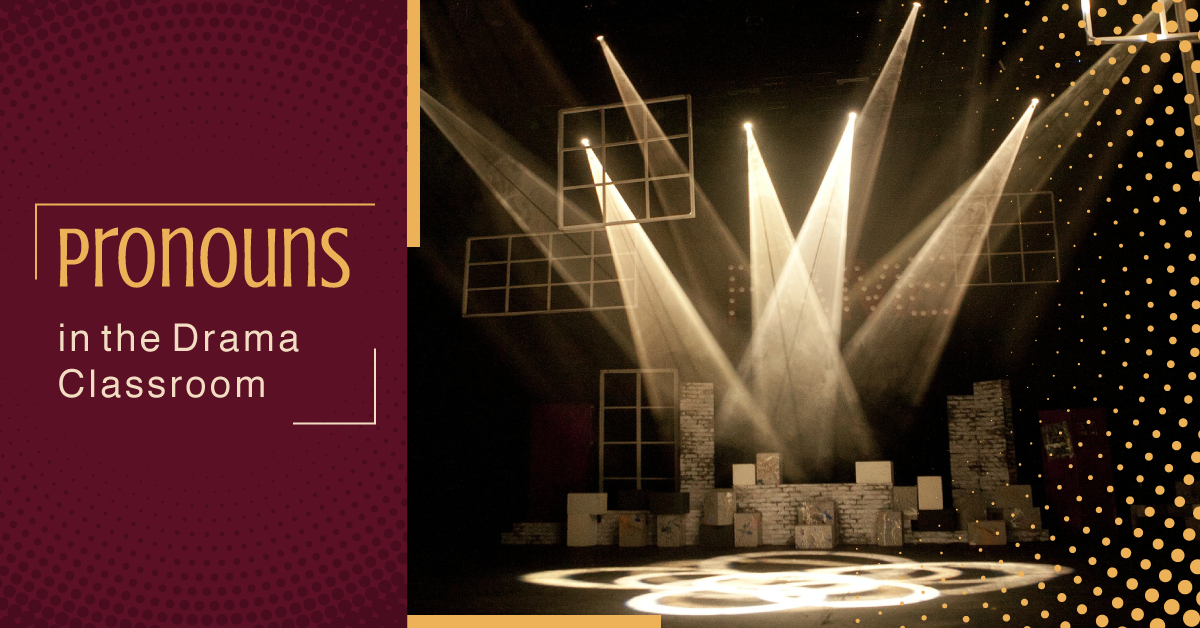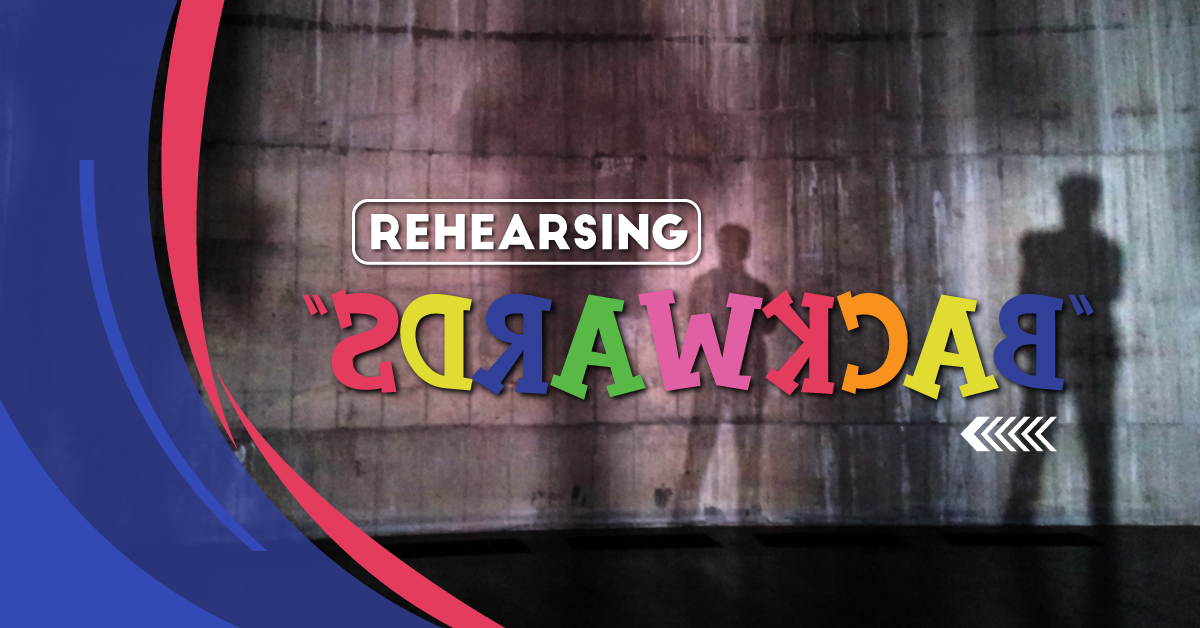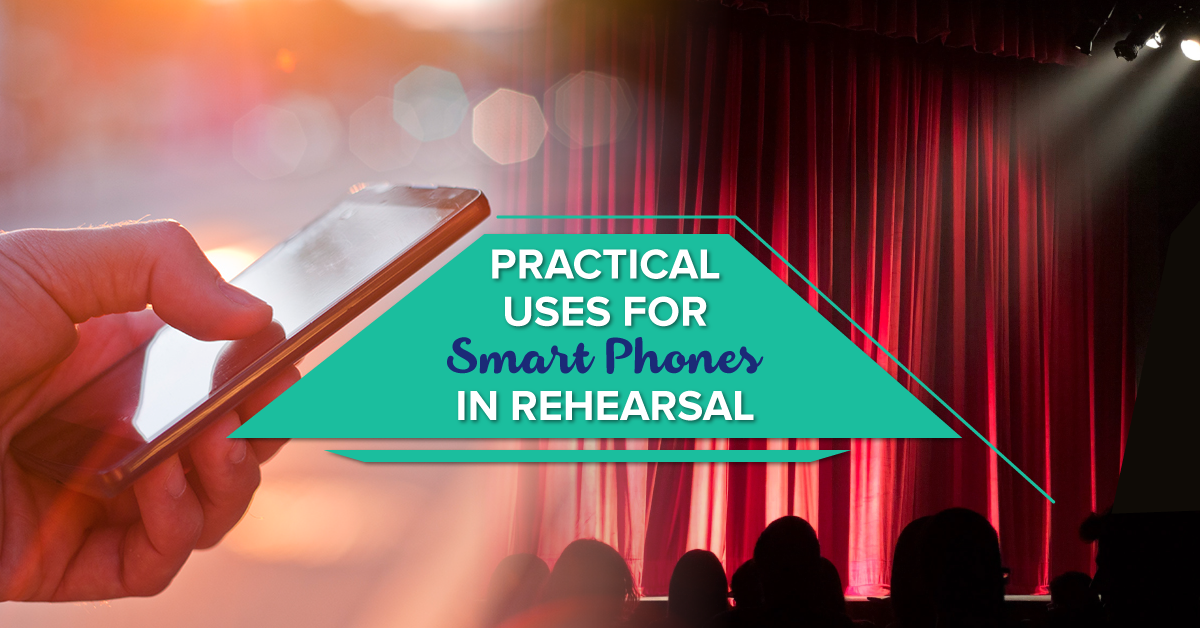The Importance of Ensemble Thinking
What does it mean to focus on “ensemble thinking”?
Ensemble thinking focuses on a whole-show mentality. Rather than an “us versus them” mentality for leading actors versus ensemble/chorus members, or actors versus the crew, ensemble thinking focuses on creating a community of equals within a show. Every student, no matter their role, experience level, or grade level, is a vital part of the production and must be treated with equal respect.
And, yes, we cannot forget the crew members! We often only think of the actors when considering the “ensemble,” but the crew is a vital part of the whole show. And they are often overlooked because their jobs and tasks are much less flashy than appearing onstage. Just because crew members don’t get a bow at the end of the show doesn’t mean that they are lower status than everyone else!
Ensemble thinking means focusing on inclusivity and collaboration, rather than a hierarchy. It takes the “me-first,” egocentric mentality out of the picture. Instead, one student’s success is everyone’s success. Everyone is focused on a common goal – to present the best production possible!
So, why is it important to create an atmosphere that focuses on “ensemble thinking” for your school productions?
Let’s look at the last point again. In an atmosphere that focuses on ensemble thinking, everyone is focused on a common goal, which is to present the best production possible. This singular focus guides the overall production process. For example, if something goes wrong – which it inevitably will – with ensemble thinking, students are more focused on solving problems as a team rather than worrying about how something might affect them personally.
For example, during a production I directed of Disney’s High School Musical 2 Jr., our lead actress literally broke her ankle during a day off between performances. Rather than get themselves into a panic, the rest of the cast and crew came to the next performance an extra hour early so we could re-choreograph some of the dances and make adjustments to the scenes so a chair could be brought onstage at various times so the lead actress could sit down and take the weight off her crutches. The focus was not on what the audience was going to think or blaming the student for getting hurt outside of the show; rather, the cast and crew worked together to help their fellow teammate through the remaining performances. This experience also served as a learning point for future productions – I have definitely told that story to my first-year students when they get nervous and start playing the “What If” game.
Ensemble thinking is also important as it encourages inclusivity. As I mentioned before, backstage crew members and stage management are often overlooked as members of the ensemble. I remember being an assistant stage manager for the first time on a production in university, and overhearing one of the actresses say to her friend, “I could never be an ASM – they have to do all the hard work and get none of the glory.” That made me feel like my role within the production was completely useless, even though in my head I knew I was helping make the show succeed (moving five risers and a dog cage in a 20-second scene change, anyone?). I chose not to work with that particular actress again in the future, but your students may not have that choice in a high school setting if they want to continue working on productions.
Actors get the bows and the applause, but must remember that the applause is not simply for them – it’s also for the costume team members who sewed their costumes, the lighting designer and operator who made sure they could be seen onstage, the microphone technician who ensured their wireless mic had fresh batteries and was attached securely to their hair, and so on. Without the contributions of every student and staff member involved – the full ensemble – the show could not be what it is.
Check out the following articles for more ideas, warm-ups, and games to encourage ensemble thinking:



